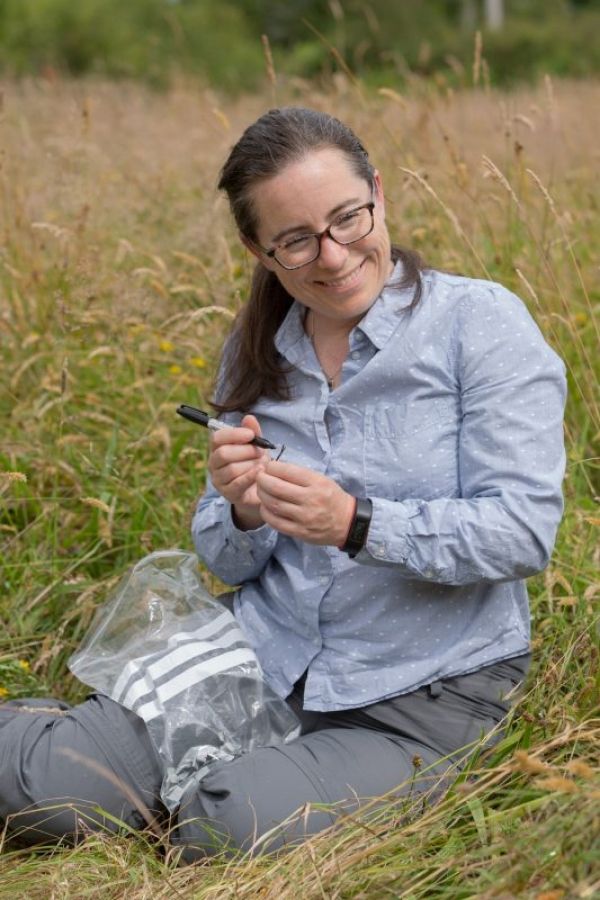Dr Annabel Smith, from UQ’s School of Agriculture and Food Sciences, and Professor Yvonne Buckley, an honorary professor at UQ’s School of Biological Sciences and Trinity’s School of Natural Sciences, studied the humble plantain (Plantago lanceolata) in an attempt to see how it became one of the world’s most successfully distributed plant species.
Dr Smith said: “We hoped to find out how plants adapt to hotter, drier or more variable climates and whether there were factors that made them more likely to adapt or go extinct.”
“The plantain, a small plant native to Europe, has spread wildly across the globe – we needed to know why it’s been so incredibly successful.”
The global team of more than 40 ecologists set up 53 monitoring sites in 21 countries, tagged thousands of individual plants, tracked plant deaths and new seedlings, counted flowers and seeds, and looked at DNA to see how many individual plants have historically been introduced outside Europe.
What they discovered went against existing tenets of ecological science.
Continue reading at Trinity College Dublin
Image via Trinity College Dublin


